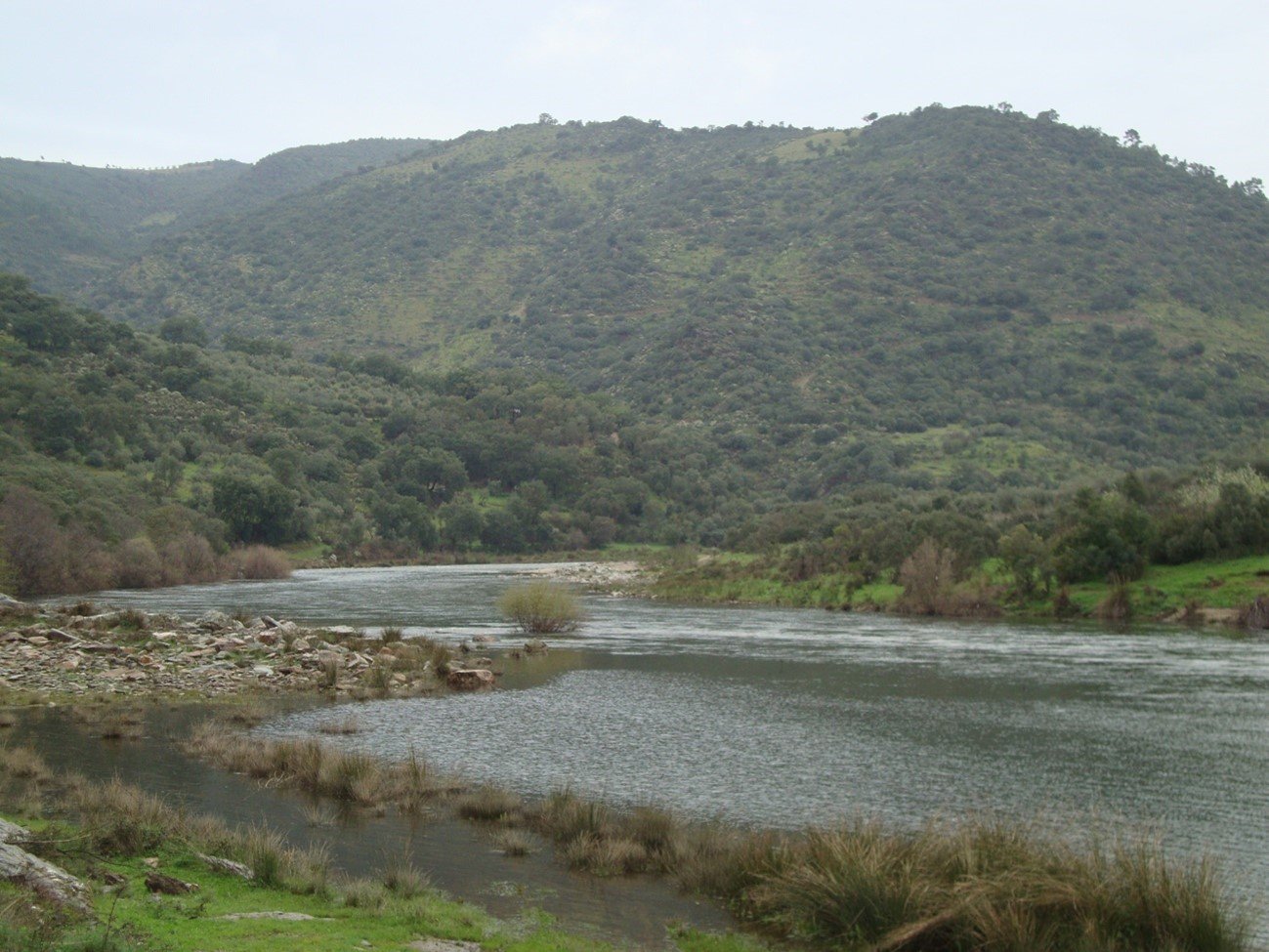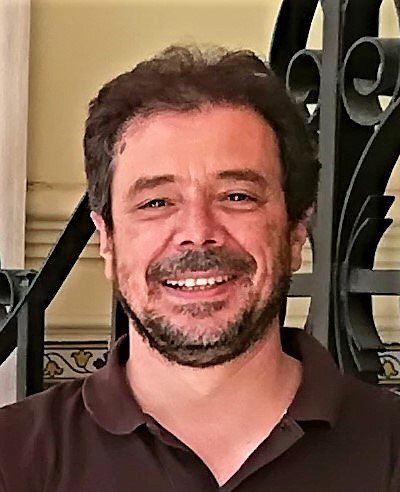
Sabor
The Baixo Sabor case study site, managed by BIOPOLIS-CIBIO, the Portuguese Research Centre in Biodiversity and Genetic Resources, is located mainly in the municipalities Torre de Moncorvo and Alfândega da Fé, Portugal.
The case study area, covering about 150,000ha, has a history of rewilding which has mainly resulted from progressive land abandonment since around the 1960s. Therefore, rewilding is likely to continue in the future through unplanned land abandonment.
Challenges
The challenges that this case study is aiming to overcome include the reversion of previously abandoned areas into agriculture through the expansion of permanent crops (olives, almonds). Local rural populations would like to take land back into production. This is already happening in some cases with the expansion of orchards and other permanent crops but still needs to be quantified.
Fire prevention is also likely to continue in the future to avoid large and destructive wildfires, an occurrence that this area is vulnerable to. However, fire prevention interventions may conflict with rewilding of the site.
Wolf expansion can also cause conflicts with livestock producers, but this does not seem serious in the area.
Meet the Team
-

Pedro Beja
Leader of Task 4.2 and coordinator of the Baixo Sabor Case study. Senior researcher at the Research Centre in Biodiversity and Genetic Resources (BIOPOLIS-CIBIO). He works on various aspects related to the conservation of biodiversity in forest, agricultural and freshwater ecosystems.
-

Miguel Porto
Researcher at the Research Centre in Biodiversity and Genetic Resources (BIOPOLIS-CIBIO). He is participating in the research tasks of the Baixo Sabor Case study. He works mainly in the modelling of biological communities, in particular on the anthropogenic impacts.
-

Ricardo Ceia
Junior researcher at the Research Centre in Biodiversity and Genetic Resources (BIOPOLIS-CIBIO). He is co-responsible for the development of the two Portuguese rewilding case studies and will also be engaged in designing operational guidelines for landscape rewilding in Europe (WP4).
Case studies
-

Coillte
Managed by Coillte, an Irish state-owned commercial forestry business.
-

Gelderse Poort
Managed by Staatsbosbeheer, the Dutch government organization in charge of management and conservation of forests.
-
Ruhrgebiet
Managed by German government institutions and organisations Rheinelbe, Zeche Zollverein, Landschaftspark Duisburg-Nord, Naturerfahrungsraum Peisberg and Gleispark Frintrop.
-
Antarr
Managed by Sustainable Productive Forests company Antarr.
-

Sveaskog
Managed by Sveaskog, a Swedish, state-owned forest owner.
-

Tatras
Managed by the Slovakian National Park of High Tatras (TANAP).
-

Barcelona Metropolitan Region
Managed by CREAF Ecological and Forestry Applications Research Centre.



